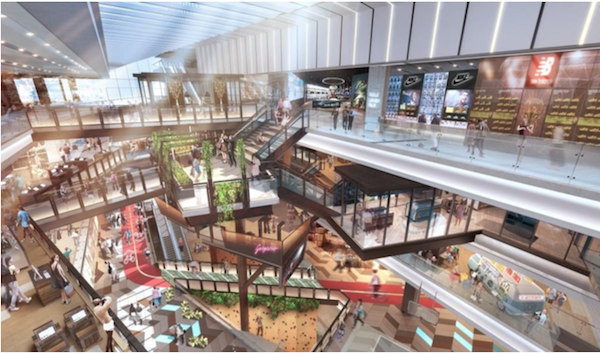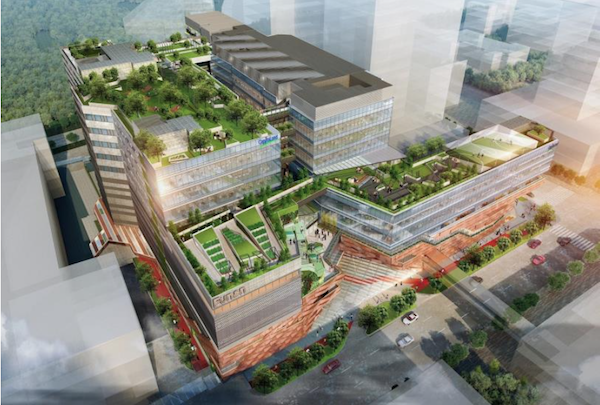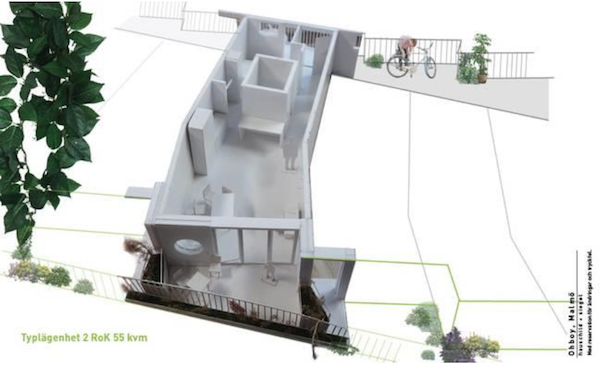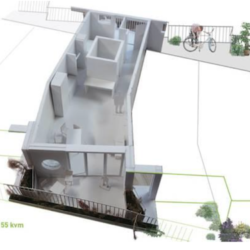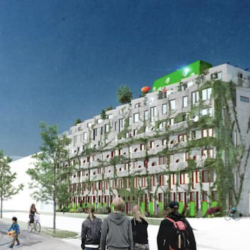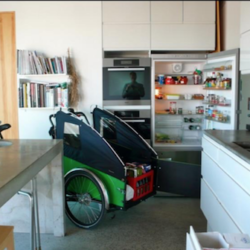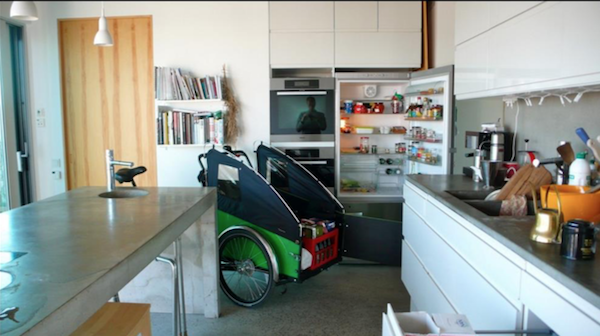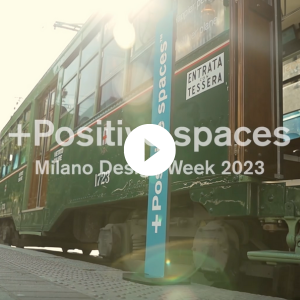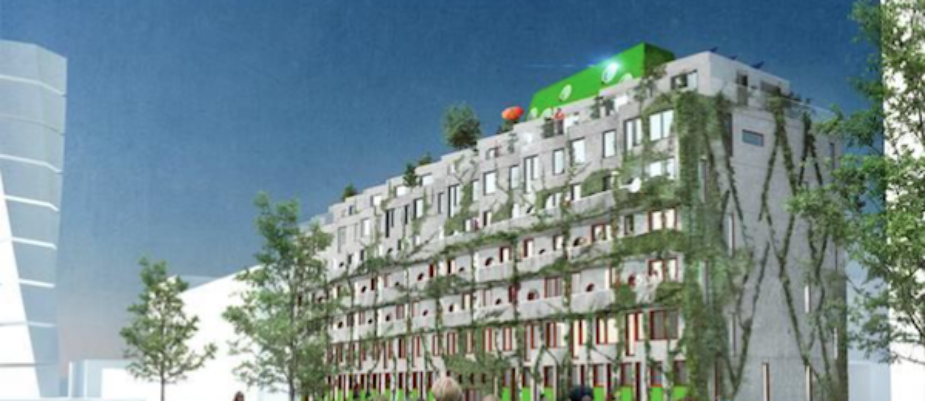
The values underpinning the Sharing Economy translate not just into leading-edge services but into new-concept spaces and buildings that offer shared living and co-working experiences. The emergence of sharing approaches to life and lifestyles that embrace the principles of environmental, economic and social sustainability is gradually changing people’s habits and behaviors in a number of spheres, including consumption, work and the home.
The MADE Expo Outlook has been monitoring the latest lifestyles by listening to experts and undertaking global projects. All will be revealed at MADE Expo, which runs at the Milan Fair in Rho between 8 and 11 March 2017, an event that offers an opportunity to meet, learn more and discuss a number of topics as it showcases the latest developments and innovations of international interest.
“The co-living and living space sharing movement evolves out of the desire of young professionals to live in a community with other creatives and innovators in a world based on sharing and working together, without borders of either time or space. “ quoted Ryan Fix, founder of Pure House co-living, New York.
Construction is undergoing major upheavals as it transitions from housing to new systems of co-housing in contemporary cities in Italy and, more generally, across Europe. This trend underwent a rapid acceleration in the mid-1990s, highlighting a cultural shift from a period of housebuilding that consumed large swathes of territory to one that is imbued with a new awareness of contemporary living.
The concept of coworking – one that is evolving into coliving – is an expression of a generation of professionals, creatives and freelancers whose careers are global, who delay starting a family, and who are keener on accessing goods and services than actually owning them. Their lives revolve around flexibility, a search for a different work/life balance and, above all, a renewed desire for community, openness and exchange.
In answer to this demand, private individuals, builders and developers have begun to invest in designing multifunction complexes and refurbishing existing properties characterized by a blend of public and private space and a more streamlined management model that envisages flexible short-term rentals and all-inclusive rates with utilities, training, services and shared activities all part of the deal.
These new types of hybrid buildings are putting community wellbeing and needs at the heart of the design process, conceived as they are for groups of socially-aware people who share common practices and values such as a desire to pursue an eco-friendly and cooperation-led concept of quality of life.
Case studies.
Funan DigitaLife Mall, Singapore (design Woods Bagot).
The conversion of the former Funan DigitaLife Mall site in Singapore is an example of this approach developed to offer a fully-rounded experience to people interested in living a green lifestyle. Designed by the international Woods Bagot company, this complex embraces retail outlets, restaurants, residences, offices, a cinema, an urban farm and sports facilities, fostering the ideal of sustainable urban mobility and healthy living. The entire construction was designed to be bike-friendly in terms of accessibility, space usage, and dedicated services.
For example, the ground floor of the building is laid out as a veritable hub at the heart of an urban network of cycle paths, with entrances and exits via link ramps and the chance for cyclists to snack and look after their bikes at a bike shop and bike café, fully equipped with workshops, storage lockers and showers.
This effectively transforms the basement into a kind of porous streetscape, at all times connected to the district and the urban space. The designers’ vision was to create a fertile environment in which the people who live there can pursue their passions and interests. Far more than a simple construction, the complex may be defined as a passion cluster, an incubator in which the way that space is organized encourages sharing and liberating creative energies, and where – for example – retailers can offer leading-edge products and concepts in stores conceived as workshops for experimentation. The end-purpose is to create an acknowledged productive community that evolves around identity-led lifestyles and preferences, in which architecture is not only a catalyst but also an aesthetic design manifesto.
Cykelhuset Ohboy, Malmo ( Design Hauschild + Siegel).
The Singapore project is not an isolated example. Indeed, the bicycle has become vital to new eco-conscious approaches to living.
In Malmo, Sweden, the Hauschild + Siegel Studio is working for developers Cykelhuset Ohboy on a residential building designed to answer to the needs of residents who do not own a car but prefer two-wheeled transport to get around town.
The complex has no garages for cars. Transit spaces, doorways and lifts are all plus-sized, making it possible to easily drive bicycles and cargo bikes, which are very popular in Northern European countries.
The building not only dispenses with car garages but, in addition to offering outdoor bike parking, the living units themselves are designed with space for bicycles.
To make it easy to get about, transit spaces, doorways and lifts are all plus-sized, making it possible to relatively easily maneuver bicycles and cargo bikes, which are very popular in Northern European countries for carrying children, shopping or other types of more cumbersome load, and to bring them into the home to easily unload anything they may be carrying.
This has resulted in a number of technical modifications including, for example, double doors on the lifts so that bikes always face in the right direction, and the use of cement finishing on the walls of common spaces and apartments because they are longer-lasting and easier to clean, minimizing maintenance costs. The round windows in the prospect are a metaphorical reference to bicycle wheels, which have become a formal and expressive element of inspiration.
As well as access to annual technical assistance service for their bikes, residents also enjoy a subscription to a bike-sharing service, plus access to bikes for guests and car sharing should they need a car.

